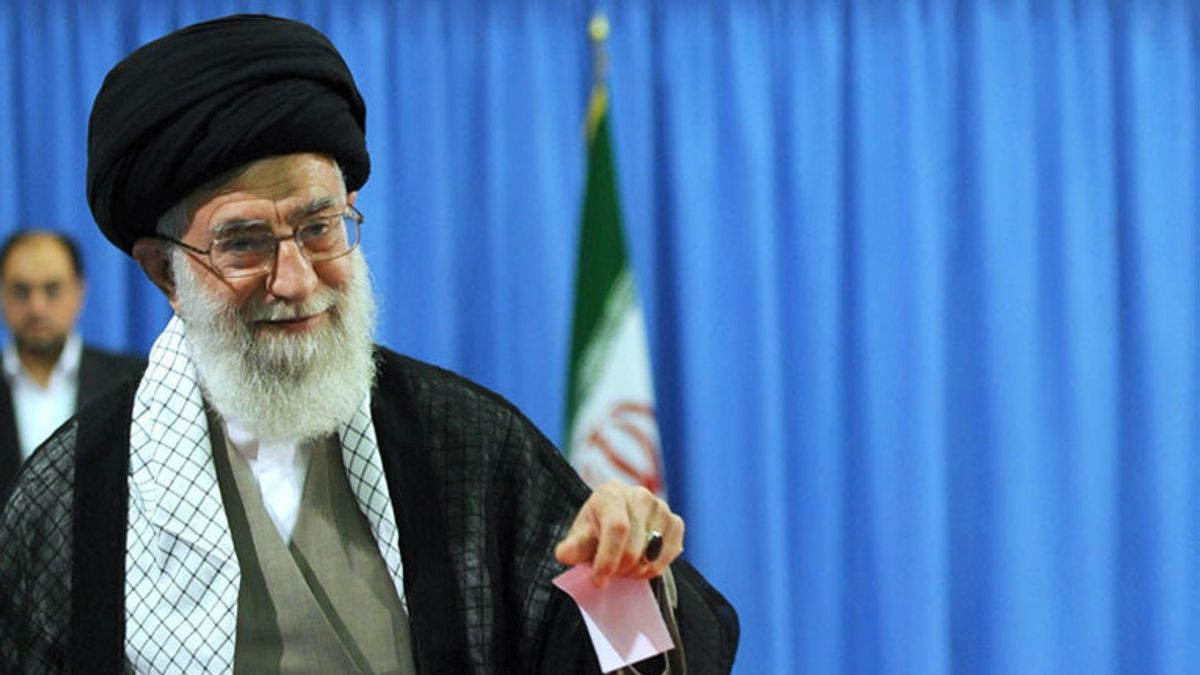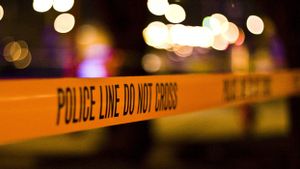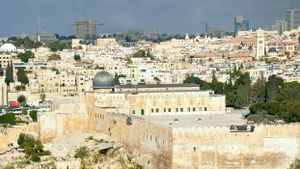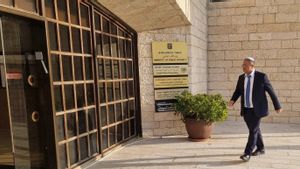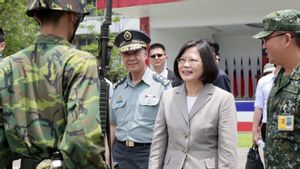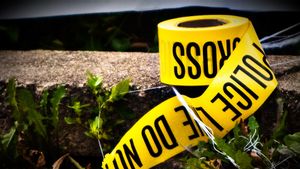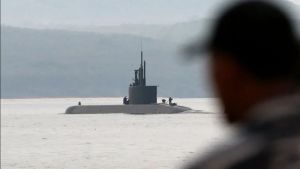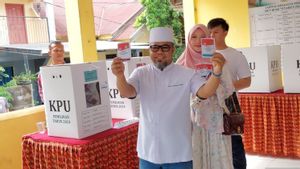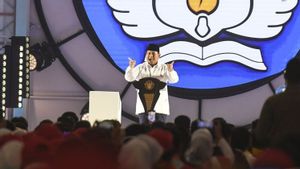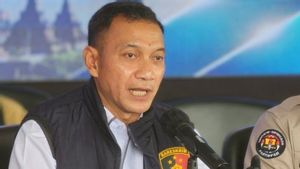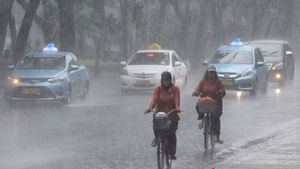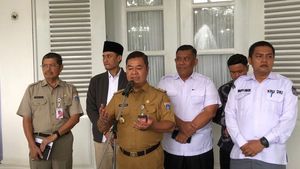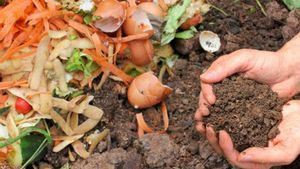JAKARTA - Iran's supreme leader Ayatollah Ali Khamenei has called the poisoning of schoolgirls in his country an unpardonable crime, his first comment on an issue that has fueled anger against governments at home and abroad.
Addressing a tree-planting ceremony in his office, Khamenei said authorities "should seriously address the issue of student poisoning".
"This is a grave and unforgivable crime," he said in comments published by state media, reported by The National News on March 7.
"If it is proven that students were poisoned, the perpetrators of this crime must be punished as severely as possible. There will be no amnesty for these people," he said.
Reports of poisoning at a girls' school began five months ago, when anti-government protests nationwide surged following the death in custody of Mahsa Amini, a young woman was arrested by the morality police in September.
More than 1,000 schoolgirls have been affected, according to officials, with new cases reported on Saturday.
Supporters of the protest movement accuse the government, and in particular, the Iranian Revolutionary Guard Corps (IRGC), which is answerable only to Khamenei, of being behind the poisoning.
Last Wednesday, President Ebrahim Raisi ordered an investigation into the poisoning.
Footage posted on social media of the suspected victim showed girls crying, screaming, and coughing, with many struggling to breathe.
An Iranian journalist who reported on the poisoning, Ali Portbatabei, has been arrested, Radio Farda reported on Monday.
She lives in Qom, where more than a dozen schoolgirls were taken to hospital after a suspected poisoning attack in November.
Also on Monday, Iran's judiciary chief said each province would open offices to summon up "those who spread lies" about poisoning cases, saying those who "allied with the enemy" would be "severely punished".
The schoolgirls, many of whom openly opposed the regime during the anti-government protests, have been targeted by security forces leading the crackdown on demonstrations.
A schoolgirl was killed in October during a raid on her school in Ardabil, where teachers said students were attacked after shouting pro-protest slogans.
Teenage girls have also been brutally killed by security forces during street protests, such as the case of Nika Shakarami.
SEE ALSO:
A group of Iranian medical professionals in the US and Europe has urged international organizations to investigate what they describe as a "premeditated attack" by the regime, "using substances used in chemical warfare".
"As doctors, we view this crisis in Iran as a potential mass casualty scenario," they said in an open letter shared on social media.
"The Republic of Iran appears unable or unwilling to manage this disaster," the letter continued, saying regime officials "deny or downplay this disturbing incident".
The English, Chinese, Japanese, Arabic, and French versions are automatically generated by the AI. So there may still be inaccuracies in translating, please always see Indonesian as our main language. (system supported by DigitalSiber.id)
